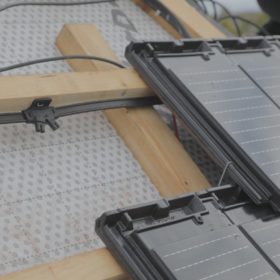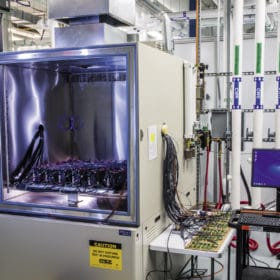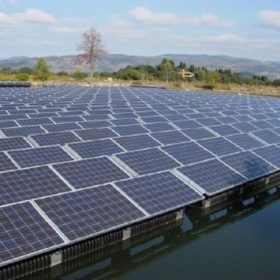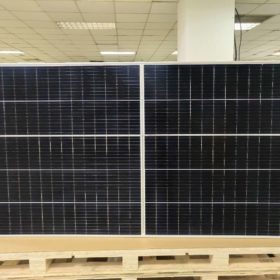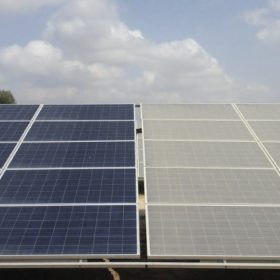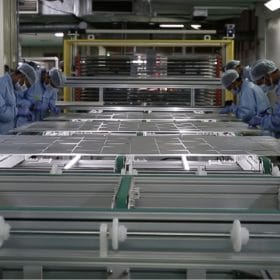Solar tile made in Germany
German manufacturer Autarq is selling its solar tiles at a price ranging from €25 to €30 per piece. It claims a PV system built with these products can cover around 70% of household needs.
Haryana plans 93 MW solar power capacity
The Haryana Power Generation Corporation Limited (HPGCL) plans to develop 77 MW solar capacity on its own land and 16 MW on land owned by village councils.
The long read: Nickel and dime batteries to LFP
Lithium-ion phosphate batteries are making a comeback. Thanks to high nickel prices and limited feedstock supply, the EV industry is driving this change. There is no need to fret about the onset of slightly lower energy density, though, as this development has some benefits for the stationary storage market.
Electric car maker Triton-EV registers India office
The US-headquartered company has registered its Indian arm by the name of Triton Electric Vehicles India in New Delhi as it plans to capture the nation’s growing EV market. It is also in discussion with a few states to set up a factory.
Drones playing a critical role in India’s solar boom
Drones, in combination with artificial intelligence, are helping to drive powerful insights, allowing teams to make better-informed decisions throughout the solar project development lifecycle.
India’s largest floating solar power plant to go online by June
The 100 MW facility in the Indian State of Telangana is owned by NTPC. It is being built upon the Sri Ram Sagar Project reservoir that meets the NTPC Ramagundam thermal power station’s water requirements.
Trina launches 670 W solar panel
The latest product in the Vertex series from the Chinese manufacturer has a power conversion efficiency of 21.6%.
AI identifies a $14bn solar problem
How do you know when an inverter or module is under-performing? Monitoring services should shed light on problems but AI-driven digital asset manager Raycatch says much information is hidden behind a wall of “noise.” Breaking that wall with advanced data analysis could unlock billions of cost savings.
Solar manufacturer wants customs duty waiver to domestic sales by SEZ units
Domestic sales by manufacturing units located within special economic zones (SEZs) are treated as exports, attracting customs duty levy. This puts the SEZ manufacturers at a disadvantage compared to those in the domestic tariff area.
Solar modules to face 40% customs duty, and cells 25%, from next year
India’s finance ministry has approved the proposal to levy the duty from April 2022. Customs notification of the move will be issued at a later date.
